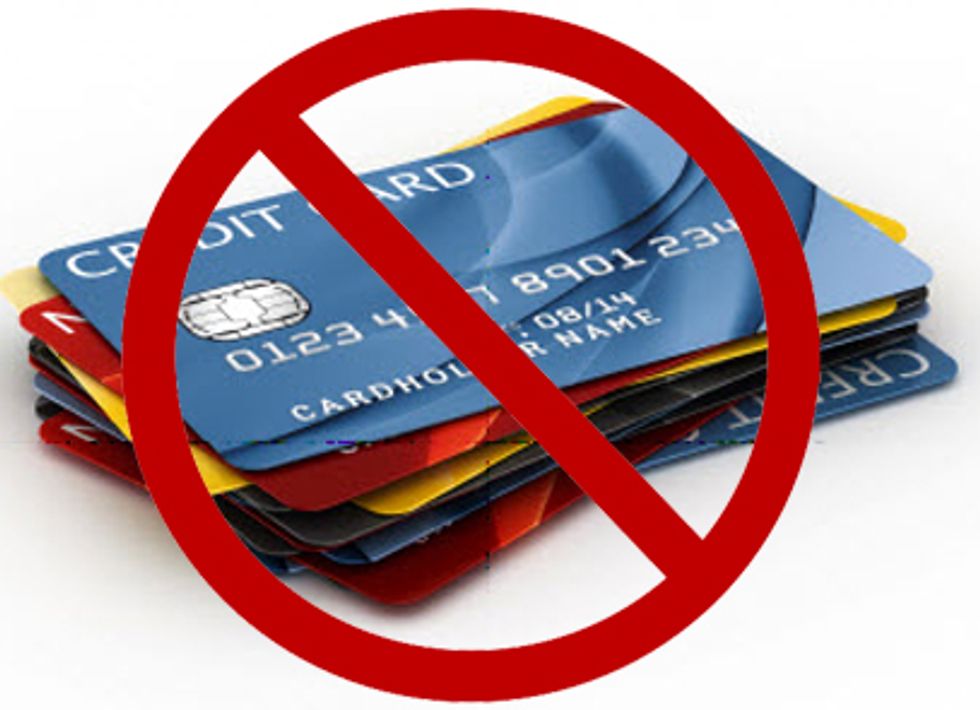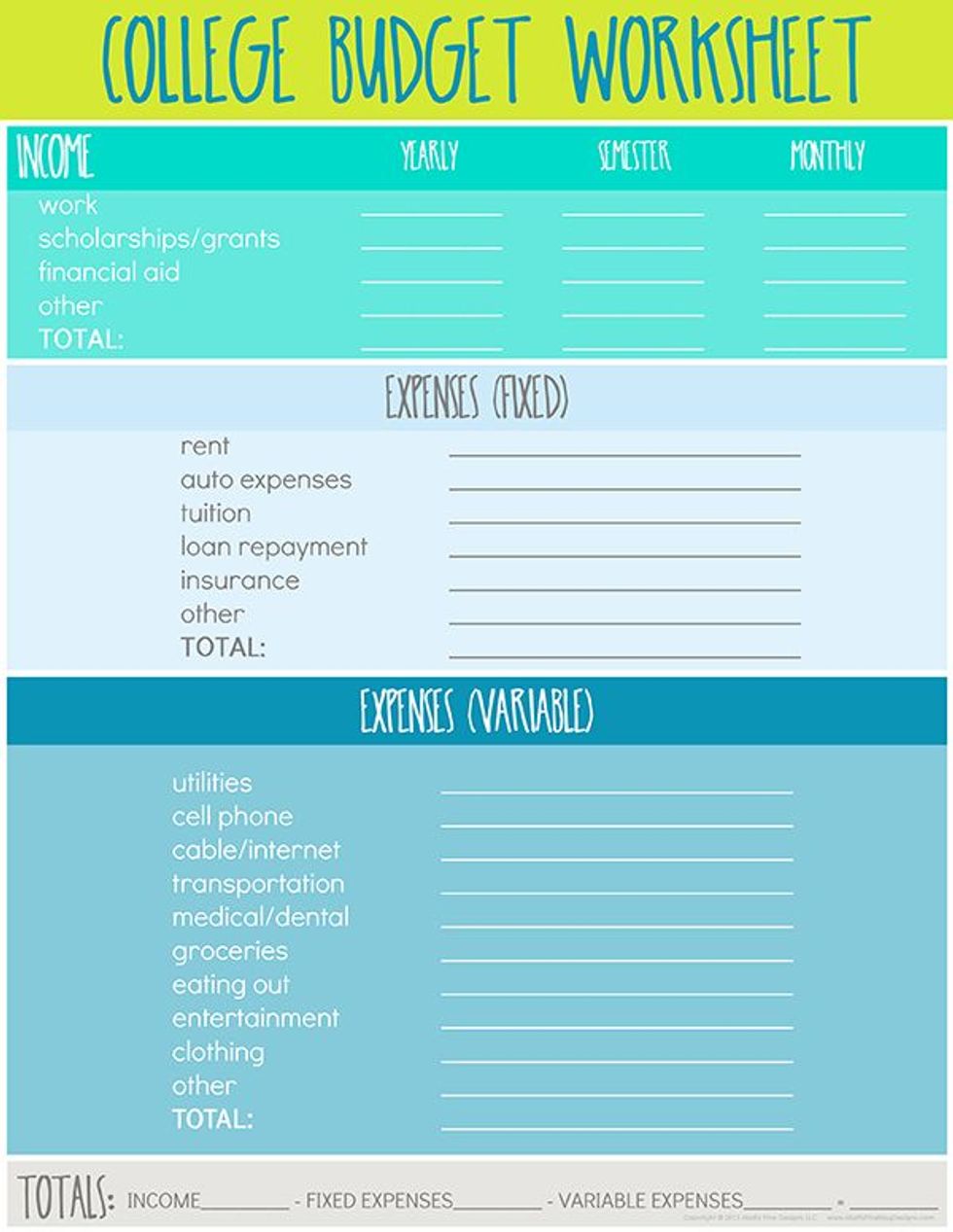As if paying college tuition and taking out loans weren’t a big enough burden, colleges students have to pay for food plans, housing fees, transportation costs, textbooks, etc. With all these expenses, the stereotypical “broke college student” is born. “Broke college students” are characterized by eating ramen noodles every night, reusing things to the extent where they’re breaking, and parsimoniously controlling every aspect of their lives. Here are 10 money-saving tips on how NOT to be a broke college student:
1. Use Free Resources Available On Campus
When you pay for tuition, not only does it cover the cost of classes, but it also includes the valuable amenities and services available to students on campus. Try to use the campus gym instead of paying for a gym membership service elsewhere. Don’t pay for a tutor, instead go to the tutoring center where you can be paired with a free student tutor. Meet your professor outside of class as they are an indispensable resource.
2. Find An On-Campus Job
Making money is more rewarding than spending money because it provides a sense of responsibility and stability. Although on-campus jobs are competitive, they are definitely worth it as it avoids travel costs and looks great on resumes. A major plus point to on-campus jobs is that one can find jobs that specialize in their major. For instance, a Finance major can work as a paid Finance Inter, or a Biology major can work with a professor to set up and clean up labs.
3. Utilize Student Discounts In Stores
There are many stores that provide student discounts once you show your university ID. From Subway to Charlotte Ruse to the Apple Store to insurance companies, receiving discounted merchandise or services that you would normally pay full price for is a big deal.
4. Limit Your Spending Money
We all know that whenever we use our debit or credit cards, we often lose track of how much money is in the bank and how much we’re spending. An effective strategy is to keep cash on you at all times and use money that is separately set aside for spending on food and clothing.
5. Go To Your Local Farmer’s Market
During the warmer months, farmer’s markets sell fresh fruits and vegetables at affordable prices. Instead of paying for genetically-modified, pesticide-filled produce, buy your groceries from your local farmer’s market to save money, eat healthily, and support local farms.
6. Buy and Resell Used textbooks
When it's back-to-school season, we get a mini-heart attack from the outrageous cost of textbooks. To minimize the huge burden of spending over $100 on textbooks, buy used textbooks as they are cheaper and are available in good condition. After the semester is over, sell your textbooks on websites like Chegg in order to get your money back.
7. Download Coupon Apps
If you’re like me and you love a good deal, download coupon apps like RetailMeNot, Ibotta, SnipSnap, etc. Not only will you save money, but you will gain satisfaction from getting what you want at a lower price.
8. Sell Your Clothes
We all have clothes laying around in our closets that we don’t wear. Instead of having your clothes collect dust, sell them online on Poshmark or ThreadUp. You could even sell them at a garage sale or second hand stores like Plato’s Closet.
9. Go To Free Events On Campus
Since you’re paying such a hefty sum for college, you might as well attend any free event on campus. Free dances, performances, BBQ’s, career fairs, carnivals, and relays are a great way to meet new people, be involved, and obviously get FREE FOOD!
10. Keep A Budget Planner
Every month, you should calculate all of your expenses such as food, bills, gas, insurance, etc. By writing down all of your costs, you can figure out how much spending money you have. Any money that is left over, should go into a savings account for a rainy day. Make sure to keep all receipts in case you want to return an item or just keep it as proof on how much you spent.
Stop spending and start saving!





























